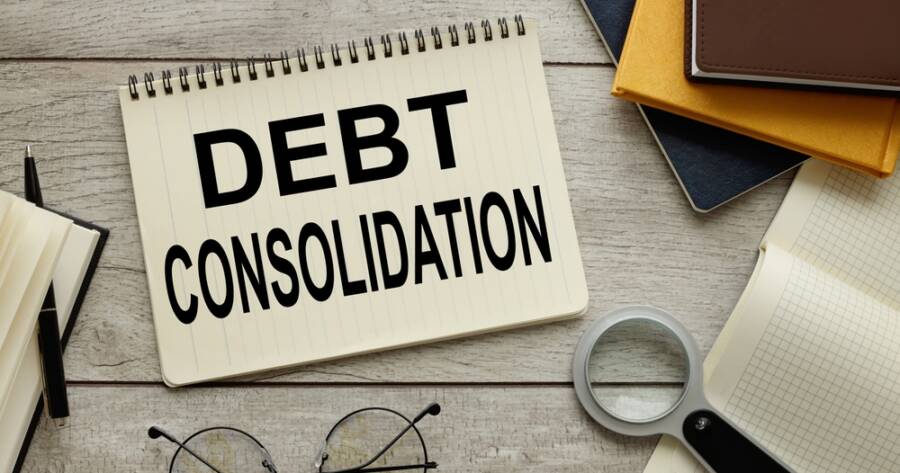Debt consolidation loans are a financial tool designed to help individuals manage multiple debts more efficiently. By combining various high-interest debts into a single loan with a lower interest rate, debt consolidation can simplify monthly payments, reduce overall costs, and potentially improve your financial situation. This strategy is especially useful for individuals struggling with credit card debt, medical bills, or other high-interest liabilities.
How Do Debt Consolidation Loans Work?
A debt consolidation loan allows you to merge several debts into one. Instead of making multiple payments to different creditors, you take out a new loan to pay off your existing debts and then repay the new loan through a single monthly payment. These loans can be secured (backed by collateral like a home or car) or unsecured (no collateral required). The goal is to reduce your interest rate and monthly payment, making it easier to manage your debt.
Benefits of Debt Consolidation
1. Lower Interest Rates
If you have high-interest debt, such as credit card balances, consolidating with a loan that has a lower interest rate can save you money over time. Lower interest means more of your monthly payment goes toward the principal balance.
2. Simplified Finances
Managing one loan is easier than juggling multiple accounts and payment due dates. With a debt consolidation loan, you’ll have a single payment to track, reducing the chance of missed or late payments.
3. Fixed Monthly Payments
Most debt consolidation loans come with fixed interest rates, meaning your monthly payment stays the same throughout the loan term. This predictability makes budgeting easier.
4. Potential Credit Score Improvement
Debt consolidation can improve your credit score by lowering your credit utilization ratio and helping you make consistent, on-time payments.
Types of Debt Consolidation Loans
-
Personal Loans
Personal loans are one of the most common types of debt consolidation loans. They are usually unsecured and can be used to pay off various types of debt. -
Home Equity Loans or HELOCs
If you own a home, you may qualify for a home equity loan or a home equity line of credit (HELOC). These loans typically offer lower interest rates but require you to use your home as collateral. -
Balance Transfer Credit Cards
Some people consolidate debt by transferring multiple balances to a single credit card with a 0% introductory APR. This method can be effective, but it requires disciplined repayment within the promotional period. -
Debt Management Plans
Working with a credit counseling agency to develop a debt management plan is another option. While not a loan, this plan consolidates payments and negotiates lower interest rates on your behalf.
Things to Consider Before Applying
- Interest Rates and Fees: Compare rates from different lenders to find the best deal.
- Loan Term: A longer-term loan may reduce your monthly payments but increase the total interest paid.
- Credit Score Requirements: Lenders typically require a good credit score for favorable terms.
- Collateral Risks: Be cautious when using secured loans, as you risk losing the asset if you default.
Simplify Your Finances and Take Control with a Debt Consolidation Loan
Debt consolidation loans can be a powerful tool for simplifying your finances and reducing debt. However, it’s essential to evaluate your situation and choose the right option. By carefully comparing interest rates, terms, and loan types, you can regain control of your finances and move toward a debt-free future.
